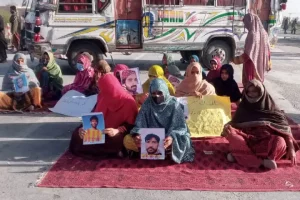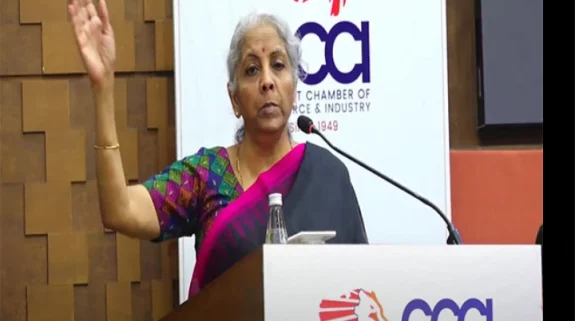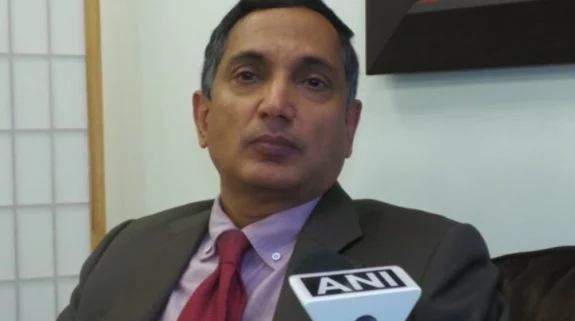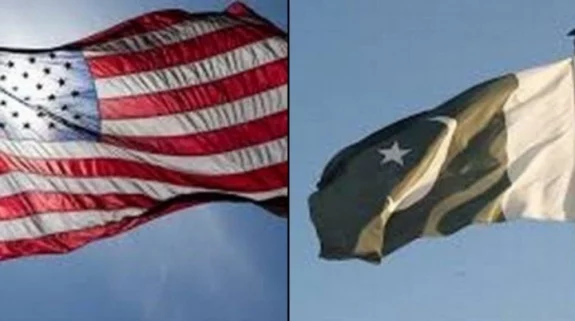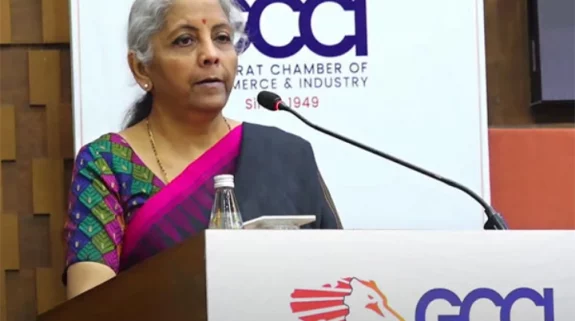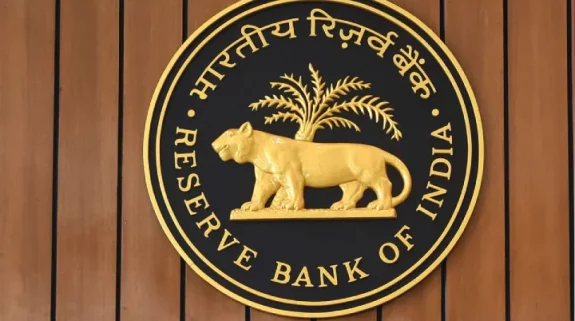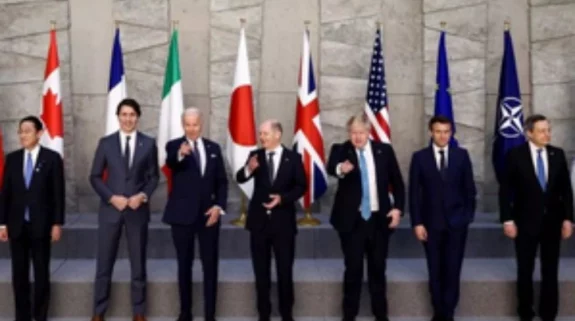Pakistan’s already beleaguered economy could get further crippled with the country’s Prime Minister Imran Khan facing a non-confidence motion and a revolt within his own party. Khan particularly nurtured a comfortable relation with Beijing, which has accounted for a chunk of foreign investments in the country. Many would also be keen to track the future of Islamabad-Beijing relations in case there is a change in dispensation in Pakistan.
Economic growth and political stability are intertwined.
Dawn in a report said that a major driver of this near-term uncertainty is the economic crisis Pakistan has found itself in from 2018 onwards.
“Like the past, political uncertainty is breeding economic uncertainty in Pakistan. All of this will cause even more pain for millions of households across the country in the coming months,” the newspaper said.
Also read: Did Army chief General Bajwa ask Imran Khan to step down from PM’s post?
Most economists have prescribed incorporation of structural reforms to boost the sagging economy.
But the newspaper said that the Khan government, which has come under attack surge in domestic prices, level of foreign debt and pressure on the rupee, its currency, let the Covid 19 crisis “go to waste in the sense that it did not leverage the opportunity to pursue underlying structural reforms to address longstanding weaknesses in Pakistan’s economy.”
By and large even foreign investors have been wary of investing in Pakistan, though a large number of projects are being handled by the Chinese which are directed towards the China-Pakistan Economic Corridor (CPEC).
“Pakistan’s fluid political and social situation and even issues related to security have impacted foreign investments. Khan did have a comfortable relationship with Beijing, we will have to now wait and watch how things shape up in the future,” an analyst told India Narrative.
Besides, but the country cannot rely only on the Chinese for foreign investments. It requires foreign direct investments (FDI) beyond what it is flowing into Islamabad from Beijing.
“Many in Pakistan are worried with the latest crisis like situation as the direct impact of this will be on the economy, which is currently under stress,” the analyst, who is not authorised to speak to the media said.
Khan, at the time of assuming power, had stressed the need to fix the economy.
But Khan and his party Pakistan Tehreek-i-Insaf (PTI) have managed to do little on the economic front.
The analyst also pointed out that in times of acute economic crisis and with the impending no confidence motion, the economic side will remain unattended. “Some sort of political stability or uncertainty can help in injecting investors confidence but doesn’t seem to the case in Pakistan,” he added.
Also read: Pakistan needs bold reforms to arrest economic meltdown–experts
Recently, Khan passed the Supplementary Finance Budget- touted as a mini budget, increasing tax rates for many items as prescribed by the International Monetary Fund (IMF).
The IMF said that Pakistan’s economy remained vulnerable to rising geopolitical conditions and tighter international financial conditions. It also said that though it recovered a fair bit from the initial shocks of the Covid 19 pandemic, “imbalances have widened and risks remain elevated.”
However, now concerns have increased over the continuation of the reform process.












